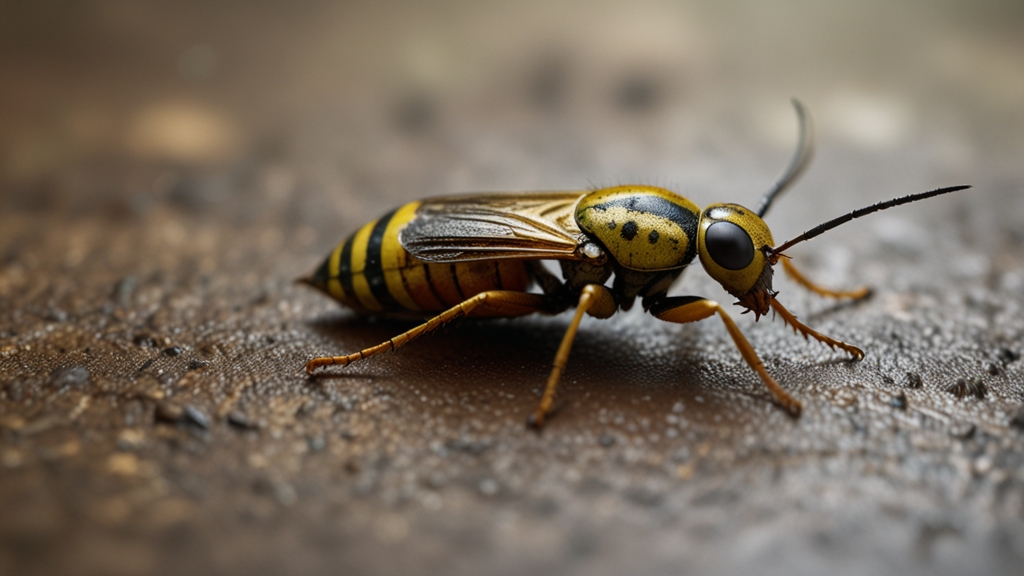The Enigmatic Rituals of Ancient Civilizations Explained
The realm of ancient civilizations is shrouded in mystery, with rituals and practices that intrigue and baffle historians and archaeologists alike. These rituals, often seen as a glimpse into the spiritual and societal fabric of long-gone cultures, offer invaluable insights into how ancient societies understood their world and their place within it.
Maya Sacrificial Ceremonies
The Maya civilization, known for its impressive architectural feats and advanced knowledge, engaged in sacrificial rituals that were a core component of their spiritual life. These ceremonies were complex and varied, involving the offering of animals, plants, and sometimes human lives to appease their deities. Human sacrifices, often of prisoners of war or volunteers, were performed atop pyramid temples and are thought to have been essential for maintaining cosmic order and pleasing the gods.
According to inscriptions found in Maya ruins, the act of sacrifice was considered a vital communication between the people and their gods, ensuring balance and prosperity.
Egyptian Funerary Traditions
Ancient Egypt's funerary rituals are perhaps the most well-documented and understood due to their elaborate nature and the wealth of artifacts left behind. The Egyptians believed in an afterlife, where the deceased would embark on a journey to the realm of the gods. To prepare for this, they engaged in mummification—the process of preserving the body through embalming—which they thought was essential for the soul's survival in the afterlife.
Additionally, tombs were filled with objects the deceased might need, including food, clothing, and priceless treasures. The "Book of the Dead," a guide containing spells and incantations, was also placed with the dead to protect and aid them on their journey.
“To ensure safe passage to the afterlife, the deceased needed to be deemed worthy by undergoing the "Weighing of the Heart" ceremony, where the heart was weighed against the feather of Ma'at, the goddess of truth and justice.”
Greek Mysteries of Eleusis
In ancient Greece, the Mysteries of Eleusis were held annually for nearly two thousand years and were among the most famous secret religious rites. These initiations, honoring Demeter and her daughter Persephone, were shrouded in secrecy, and initiates were sworn to silence. Despite this, we know that the ceremonies included fasting, ritual purification, and the consumption of a special drink, kykeon, which some scholars suspect contained psychoactive ingredients.
Participants were led through a series of dramatic reenactments of the myth of Demeter and Persephone, experiences that were intended to provide deep spiritual insights and a profound sense of psychological transformation.
The Mysteries were considered so powerful that those who participated were said to no longer fear death and to lead a more fulfilled life.
Conclusion
The rituals of ancient civilizations were more than mere traditions; they were deeply intertwined with every aspect of life, from governance and social hierarchy to the very cosmology that structured their understanding of existence. Whether through the heart-pounding ceremonies of the Maya, the meticulous funerary practices of the Egyptians, or the soul-searching rites of the Greeks, these enigmatic rituals offer a window into the sacred worlds of our ancestors. By studying them, we not only gain insights into their ways of life but also enrich our appreciation for the diverse pathways human spirituality has taken throughout history.







